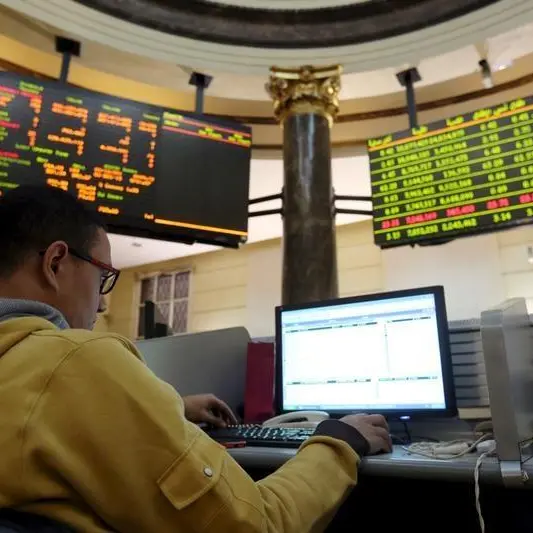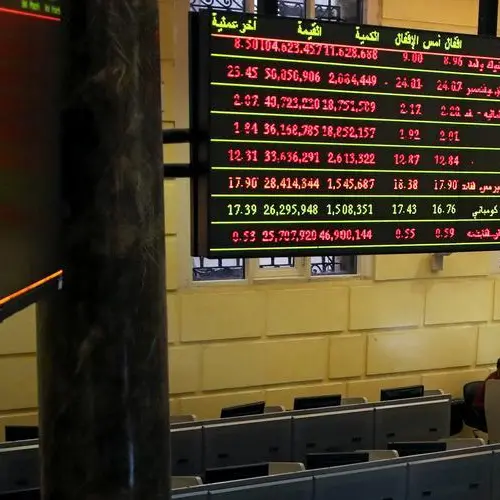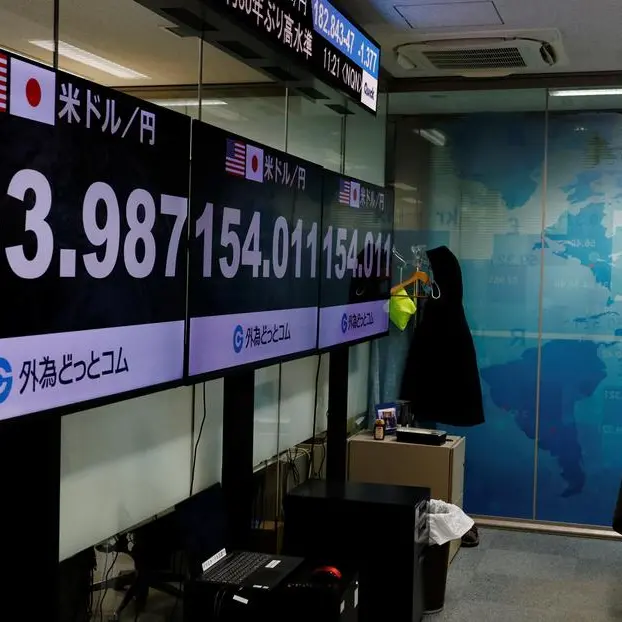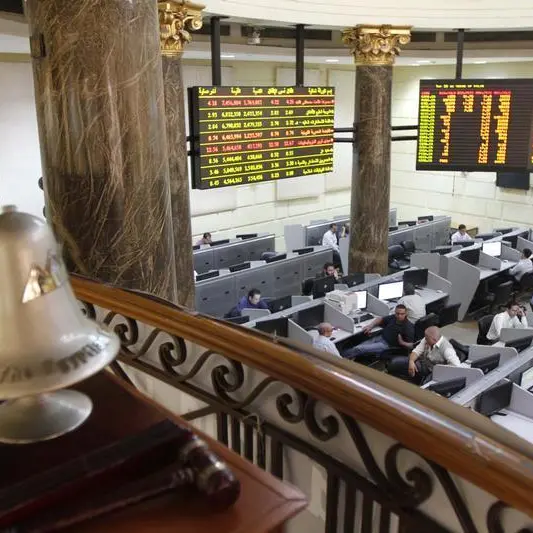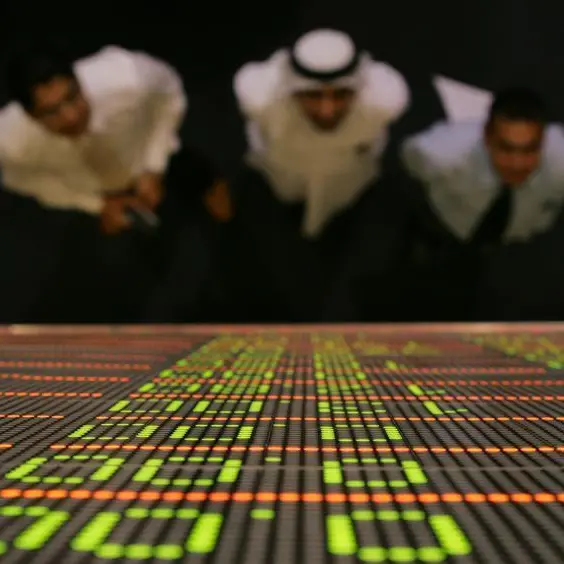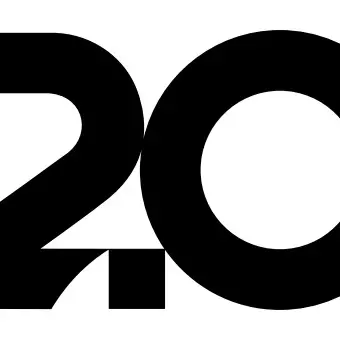PHOTO
Alinma Bank became the fourth Saudi Arabian bank in less than a month to issue in the US dollar AT1 market, with its deal coming in line with where the two most recent ones priced.
Alinma, which is a publicly listed Islamic bank, though wealth fund Public Investment Fund also owns a 10% share, showed liquidity hasn't dried up despite the supply glut in recent weeks.
Its deal on Tuesday came days after Saudi Awwal Bank and Bank Albilad both issued, with Banque Saudi Fransi kicking off this round of supply in late April.
With the exception of BSF, the other three were issued in sukuk format. All have come tight, even though secondary market performance hasn't held up, with the deals preceding Alinma trading below par.
Against that context, a lead banker said the outcome of the Alinma trade "was strong".
As with Awwal and Albilad, Alinma was issuing a perpetual non-call 5.5-year AT1 note. There were subtle differences between the three.
Awwal and Albilad were making their debuts; Alinma was returning with its second trade.
Alinma and Awwal both had ESG labels – sustainable in the case of Alinma and green for Awwal. Albilad didn't have an ESG label.
Also, Awwal's structure was not compliant with AAOIFI standards, so its buyer base was limited as UAE banks were not allowed to participate. In contrast, both Alinma and Albilad were AAOIFI-compliant.
Alinma opened books on its deal at the 7% area. But with final orders at over US$1.75bn, the bank was able to print US$500m at 6.5%.
The yield was in line with where Awwal and Albilad landed, though size-wise Alinma's deal was smaller, with the other two raising US$650m each.
The lead said the bank "didn't push on size" given the tight pricing. He also said the AAOIFI compliance was "less relevant" for demand because of the amount of recent supply.
Faisal Ali, senior portfolio manager at Azimut, said the price came in line "with our fair value target".
"We were hoping to see some concession on Alinma given elevated supply from the Saudi AT1 space. However, given the demand for high-yield sukuk, the deal got done without the bank leaving anything on the table," he said.
He said the bank's credit profile is supported by its stable asset quality combined with high reserves that cover non-performing loans, rising profitability and solid funding and liquidity profile.
That credit strength is balanced by the bank's concentrated loan book as well as its funding profile.
"The bank has experienced high growth over the last few years, which translates into an unseasoned loan book. Asset quality is likely to weaken going forward, thereby putting some pressure on reserves and capital buffers," he said.
Alinma is rated A2 by Moody's and A– by Fitch.
Abu Dhabi Islamic Bank, Alinma Capital, Emirates NBD Capital, JP Morgan, Goldman Sachs and Standard Chartered were the lead managers.
Source: IFR


